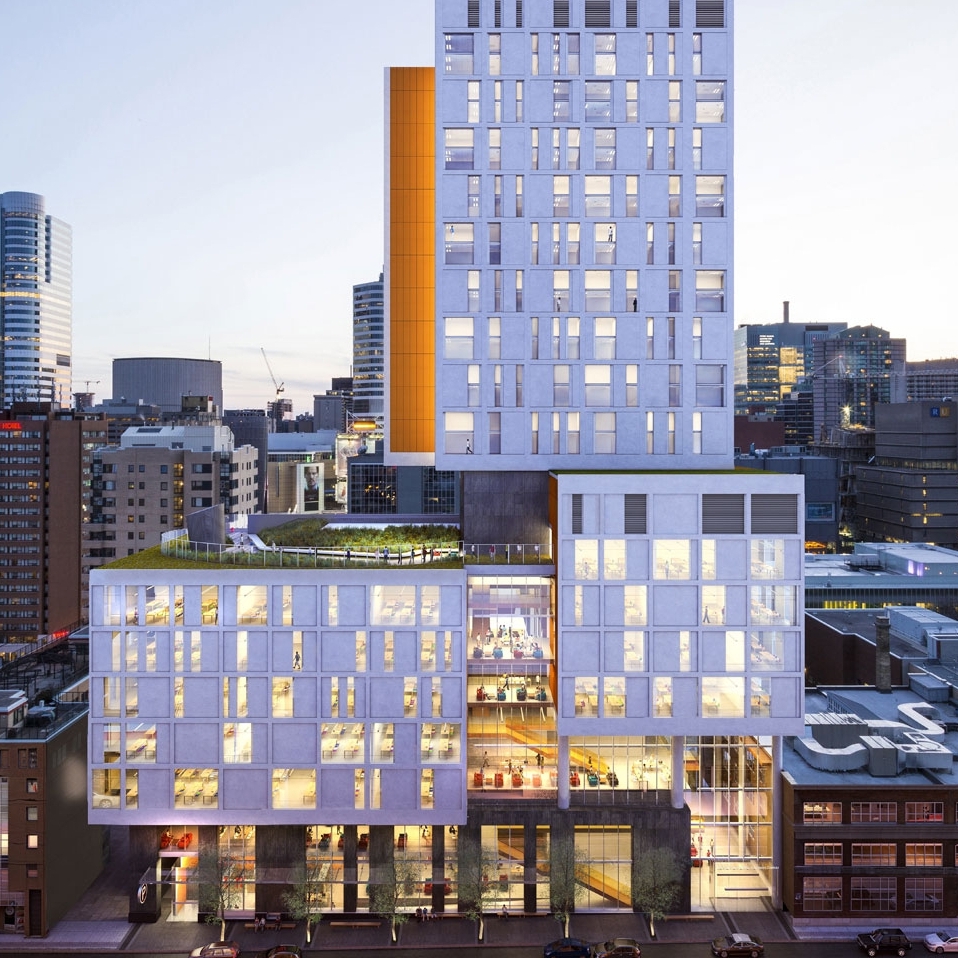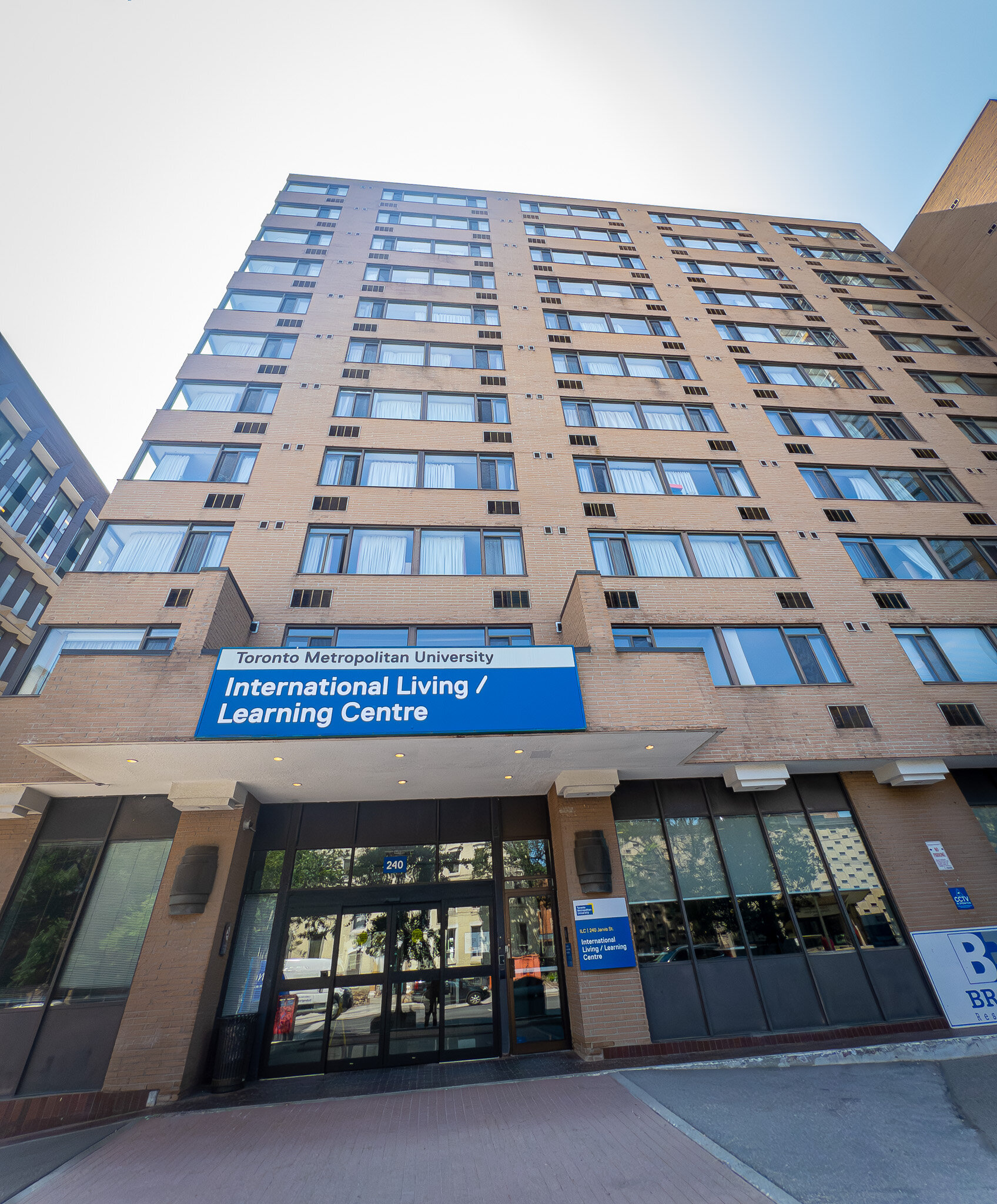Your home away from home: Navigating housing options in Toronto
Your home away from home: Navigating housing options in Toronto is a part of the International Student Guide — a resource carefully curated by current international students to equip new international students with the essential knowledge and insights you need to thrive in Toronto. View the full list of articles on the International Student Guide web page.
As an international student coming to Toronto, an important experience you’ll go through is finding a place to stay in the city. While TMU offers on-campus housing, we are largely a commuter university, which means the majority of students live off-campus around Toronto. In this article, we’ll explore three housing options that are popular for students.
On-campus residence
This is the number one option to stay the closest to campus. At TMU, there are currently 3 residence buildings with approximately 1144 beds to suit different preferences: Daphne Cockwell Complex (DCC), International Living/Learning Centre (ILC), and Pitman Hall (PIT). Meal plans are mandatory for residents.

| Address | Year completed |
|---|---|
| 288 Church St | 2019 |
| Room Styles | Floors and Rooms |
|
|
| Average room size | Fees |
| 10m2 | See our breakdown |

| Address | Year completed |
|---|---|
| 240 Jarvis St | 1987 (as a hotel) |
| Room Styles | Floors and Rooms |
|
|
| Average room size | Fees |
| 17m2 | See our breakdown |
.jpg)
| Address | Year completed |
|---|---|
| 160 Mutual St | 1991 |
| Room Styles | Floors and Rooms |
|
|
| Average room size | Fees |
| 11m2 | See our breakdown |
Off-campus student housing
If you’re looking to live with fellow students but on-campus residence isn’t an option for any reason, you can search for off-campus student housings in the city, which are not affiliated with TMU or any particular institution. Some of the popular choices by our students are HOEM on Jarvis (external link) , and Parkside Student Residence (external link) , run by a close partner of the university.
These buildings are scattered across the downtown core and typically have comparable amenities to on-campus residence, such as study rooms, meal-plan-basis dining halls and athletic facilities — so be prepared for a similar budget. As an exception, some off-campus student housings are affordable cooperatives (external link) owned and operated by all inhabitants through maintaining and upkeeping the buildings, in exchange for below market fees.
With off-campus student housing, the key difference from on-campus residence is that you’ll be joined by students from all around Toronto attending various universities or colleges, instead of just the TMU community.
Off-campus rentals
Toronto has a busy and rather competitive renting market, with a lot of spaces available and equally as many people looking for one. Options can range from high-rise condos and apartments, townhouses to legal basement units.
Generally, rent increases the closer the place is to downtown. You can stay up-to-date with average prices through the city’s official website (external link) . A great way to cut down costs is to stay with a couple of roommates.
When signing a lease for a place, it is also important to take note of whether you need to pay for utilities like heat, hydro, and water — they can be charged at a flat rate or dependent on usage, per agreement with each landlord. One more potential cost to budget for is laundry, as your suite may or may not have any inclusive laundry facilities, or they can be on a pay-per-use basis.
Navigating the off-campus housing scene can be challenging, but TMU has a dedicated office to help, so reach out! We also recommend looking at resources the residence team have curated and posted on their website.

.jpg)